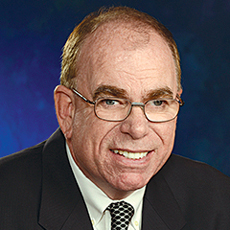
Operators can breathe a temporary sigh of relief. It looks like President Biden’s call for a $15 minimum wage won’t be happening soon.
Senate lawmakers rejected the increase Thursday night, during a marathon session focused on the larger matter of his $1.9 trillion COVID-19 relief package.
“A $15 federal minimum wage would be devastating for our hardest-hit small businesses at a time when they can least afford it,” said Sen. Joni Ernst (R-IA). It’s a sentiment that many operators (if not their workers) can relate to.
It’s fairly well known that labor is the most costly part of running a long-term care facility. Nor is it a secret that the sector is not known for its fiscal benevolence toward rank and file employees. So it’s hardly a surprise that the field’s owners and operators generally oppose any measure that would increase the difficulty of making payroll.
I suppose there is a certain irony at play here. After all, the long-term care industry exists for the purpose of making life more livable for residents. Yet many of its practitioners offer poverty-level wages to those who literally do the heavy lifting. The economics at play here are not for the faint of heart.
Truth be told, very few operators actually pay rates as low as the $7.25 an hour now required by federal law. And many towns and a few states have raised the number fairly close to $14 already.
So what is likely to happen here? My guess is that the federal rate will eventually be raised, but probably by a more modest increment. Perhaps to $10 or $11 an hour.
Any increase will give lawmakers an achievement of sorts to campaign on. But is it going to make life better for operators or workers? For the former, absolutely not. For the latter, not really.
John O’Connor is Editorial Director for McKnight’s




